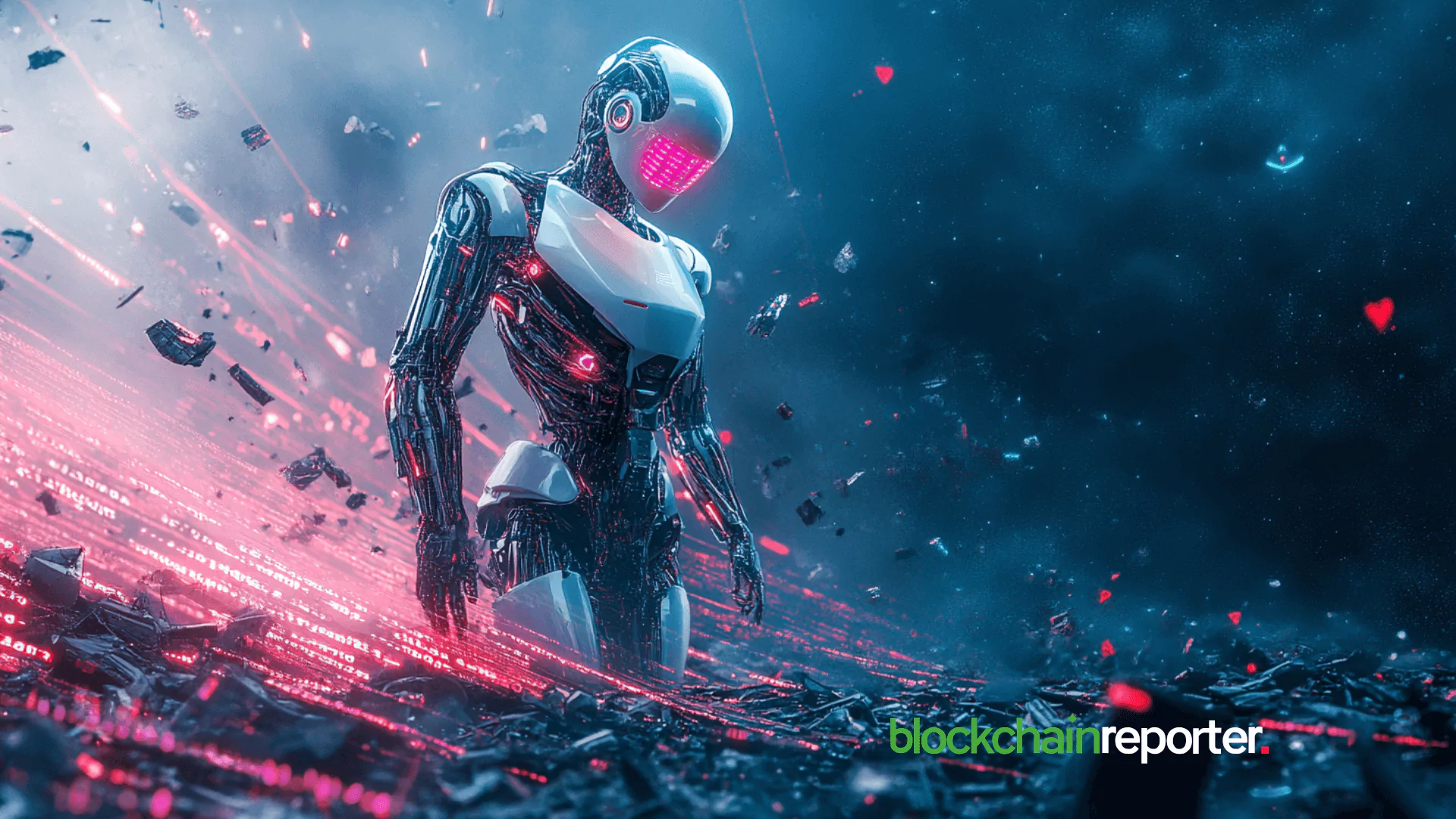
Qitmeer Network, a public blockchain entity, has partnered with Nivana Soul, a Web3 platform that advances DePIN with AI. The partnership aims to integrate Decentralized Physical Infrastructure Networks (DePINs) and the robust AI digital humans, fortifying user-driven value-sharing. As Qitmeer Network revealed in its latest social media post, the collaboration is poised to leverage BlockDAG technology of Qitmeer Network to advance the DePIN infrastructure. Additionally, the move paves the way for wider adoption of cutting-edge solutions and decentralized networks within the blockchain sector.
Qitmeer Network and Nivana Soul Join Forces to Bolster DePINs with AI-Led Digital Humans
Qitmeer Network and Nivana Soul’s partnership endeavors to revolutionize DePINs with the next-gen AI digital humans. Thus, Nivana Soul operates as a leading player contributing to the internet evolution with the merger of AI-driven digital humans and the robust decentralized infrastructure. As a result of this, consumers can anticipate the expanded utility of Qitmeer Network’s BlockDAG technology. Additionally, this also attempts to back a relatively interactive and user-entric digital economy.
With this integration, the participants can interact with the digital humans, which are emotionally intelligent, in real-world apps, establishing a matchless link between the AI-led experiences and decentralized infrastructure. Keeping this in view, the partnership underscores the growing interest of blockchain projects in merging human-centric AI and distributed ledger technologies. Thus, both the entities pay significant attention to establishing a relatively transparent, user-led, and efficient environment marked by the complete integration of DeFi and AI.
What Can Developers Expect from This Partnership?
The partnership between Qitmeer Network and Nivana Soul also makes notable promises of new opportunities for developers. Particularly, by merging the BlockDAG’s scalability and DePIN infrastructure, builders can create efficient decentralized applications (dApps) with the potential for real-world integration. Moreover, the incorporation of the AI digital humans delivers an exclusive layer for the development of customized and interactive user experiences.








